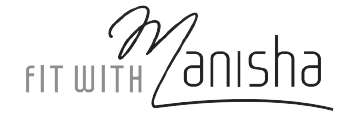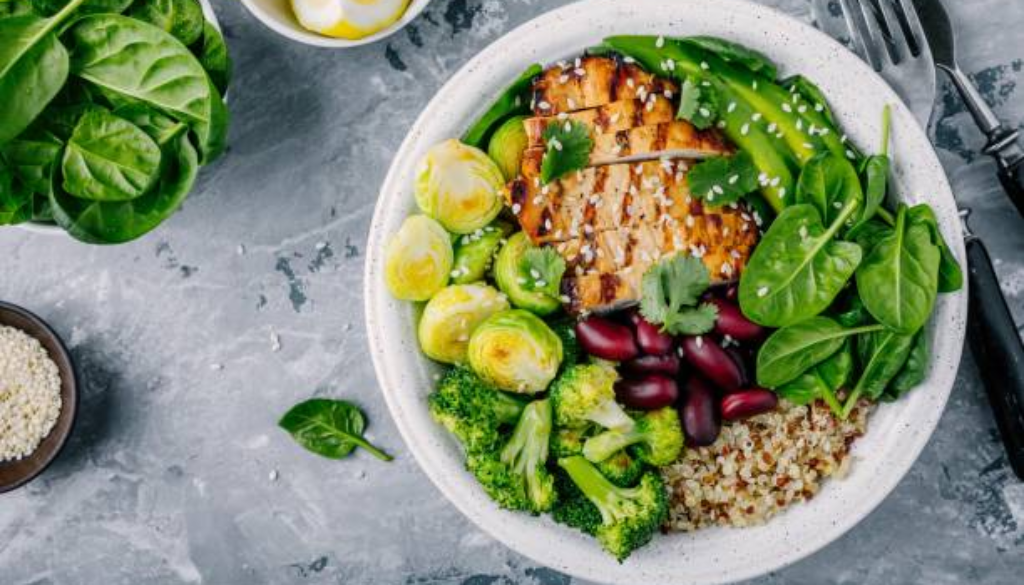HOW TO FUEL UP YOUR BODY
1. How to fuel Up your body for your pre and post workout routine.
It doesn’t matter what level of athlete you are, if you partake in any type of training, one of the key components to your performance and recovery is your pre and post-workout nutrition.
2. As a general rule of thumb, it’s best not to eat immediately before a workout because while your muscles are trying to do their “thing,” your stomach is trying to simultaneously digest the food in your stomach. These competing demands are a challenge for optimal performance. And, even more of
a factor, eating too close to a workout may cause you to experience some GI discomfort while you train or play.
3. It takes your body 4-6 hours to break carbohydrates down into glycogen. Eat 1-2g of carbohydrates per pound of bodyweight 4-6 hours before engaging in high-intensity training. This will maximize your energy reserves and make sure you have enough in the tank to push your limits.
4. Fuel up with complex carbohydrates to ensure a slow, steady release of energy during your workout.
Some great options include:
• Oats
• Quinoa
• Brown rice
• Sweet potatoes
• Whole-grain bread
• Legumes (beans, lentils, chickpeas )
• Here are some suggestions for pre-workout fuel:
• A peanut butter and banana or PBJ sandwich
• Greek yogurt with berries
• Oatmeal with low-fat milk and fruit
• Apple and peanut or almond butter
• Handful of nuts and raisins (two parts raisins: one part nuts)
• Notice that each of these suggestions include some protein as well as carbohydrates. carbohydrates are the fuel. Protein is what rebuilds and repairs, but also “primes the pump” to make the right amino acids available for your muscles. Getting protein and carbohydrates into your system is even more vital post workout.
5. Science has shown that consuming 20-30 g of protein about 30-60 minutes before your training session creates ideal amino acid levels for performance and recovery.
These amino acids create the framework for muscle synthesis and growth (or in simpler terms: more gains).
6. Your protein sources should be nutrient-dense without hindering your training. Here are some examples of 20-30g favourites:-
• Eggs
• Chicken
• Quest bars
• Greek yogurt
• Whey protein
7. Remember, you aren’t eating to feel full but to fuel your system. During your workout,
maintaining healthy energy levels is challenging. A training session should never come to an end simply because you felt energy depleted and ran out of gas .
8. Eating 30-60g of carbohydrates per hour of training will stabilize your glucose levels and help you avoid early fatigue. Post-exercise is the most critical time for nutrient absorption. After exercising, there is a 2-hour window of anabolic opportunity. During this window, your body is primed to repair and build muscle tissue.
9. Consuming protein-rich foods during this window will maximize recovery and muscle growth. Here are some of the best post-workout sources of protein:-
• Eggs
• Fatty fish
• Whey protein
• Chicken breast
• Hummus on crackers
• Banana or apple with peanut butter
10. Any single-ingredient protein rich food will do! Here’s a simple “cheat sheet” for nutrient timing:-
• 4 hours before training: eat 1g of carbohydrates per pound you weigh
• 1 hour before training: eat 20-30g of protein
• Intra training: eat 40g of carbohydrates per hour
• Post training: eat 30g of rich protein
11. Take Home Points:-
• Your body needs carbohydrates to fuel your working muscles.
• Protein is there to help build and repair.
• Get a combination of the protein and carbohydrates in your body 1 to 4 hours pre-workout and within approximately 60 minutes post-workout.

